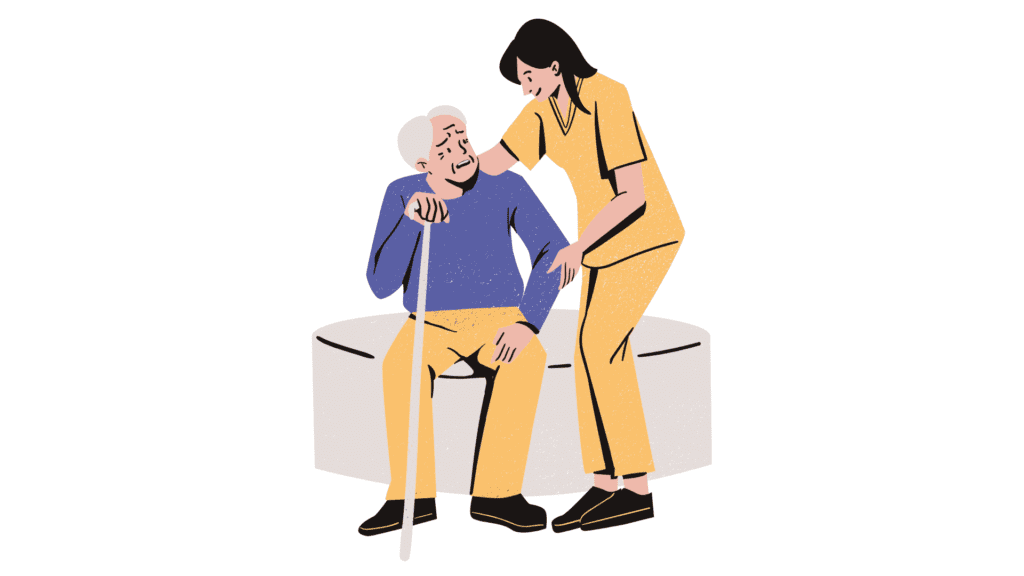Elder Abuse Warning Signs and Prevention in Nursing Homes

The reality of nursing home care can be heart-wrenching. While we expect our elderly loved ones to receive compassionate care, the truth is more complicated. Yes, many facilities provide excellent support for seniors dealing with chronic health conditions, mobility issues, and weakened immune systems. But then we hear the devastating stories – cases of neglect and abuse that sometimes end in preventable deaths.
The scariest part? Seemingly minor health issues can cascade into life-threatening conditions. Untreated infections can lead to sepsis. . Chronic dehydration can have severe consequences and can cause organ failure. Malnutrition silently strips away an elderly person’s strength and ability to fight off illness. The tragedy is that we can prevent these outcomes, but too often, people miss the warning signs until it’s too late.
Understanding Nursing Home Neglect
Let’s be clear – most cases of neglect don’t stem from malicious intent. The reality is more complex: nursing homes often struggle with understaffing, inadequate funding, and insufficient training.
But understanding these systemic issues doesn’t mean we should accept substandard care. While staff may face challenging conditions, the residents bear the devastating consequences of neglect.
Health Risks in Nursing Homes
Dangerous Infections and Physical Decline
Untreated infections pose one of the most serious threats. What starts as a simple urinary tract infection or pressure sore can quickly become life-threatening without proper care. Dehydration is particularly insidious because many residents rely on staff for regular water intake. The consequences of chronic dehydration can be severe – from mental confusion to kidney failure.
Malnutrition presents another serious danger, as it compromises the immune system and makes residents more vulnerable to illness.
Recognizing Signs of Neglect
Physical indicators can include:
- Pressure sores (from lack of position changes)
- Unexplained bruising or injuries
- Untreated wounds or infections
- Signs of dehydration
If you notice that they’re very irritable, it can be from malnutrition, dehydration, or stress. But neglect isn’t always visible on the surface. Watch for behavioral changes:
- A previously social resident becoming withdrawn
- Unusual irritability (potentially from malnutrition or dehydration)
- Sudden confusion or disinterest in activities
Taking Action Before It’s Too Late
To prevent wrongful death in nursing homes, we have to hold the facilities accountable for not providing the care they are supposed to.Currently, even when inspections reveal violations, penalties often aren’t severe enough to drive meaningful change.
Prevention Strategies
The key is addressing problems before they escalate:
- Regular health screenings to catch infections early
- Structured programs for proper nutrition and hydration
- Comprehensive staff training programs
- Active family involvement and advocacy
Protecting Your Loved Ones
Our seniors deserve to age with dignity and proper care. Don’t ignore even minor signs of neglect – they can quickly become serious problems.
If you have a loved one in a nursing home, speak up at the first sign of concern. While legal action isn’t always the first step, make sure to document your concerns and get clear answers about how the facility plans to address them. Remember, even a minor health issue can become dangerous for vulnerable seniors – don’t wait to advocate for your loved one’s care.
